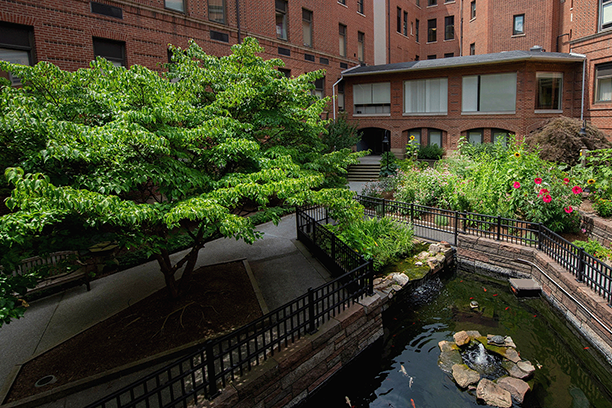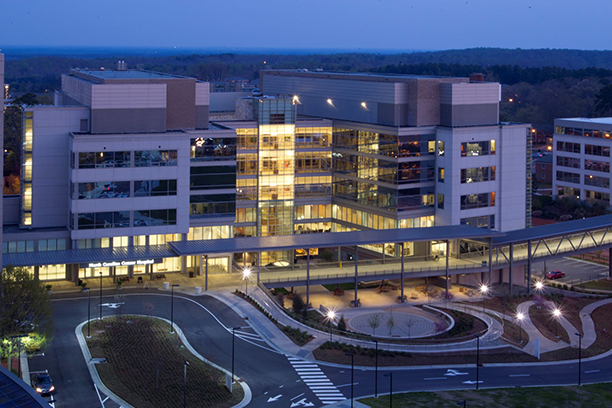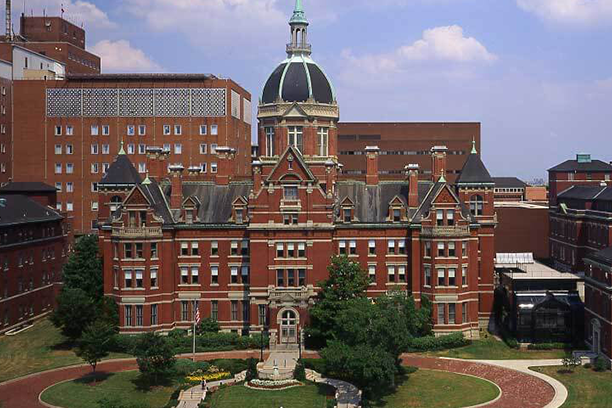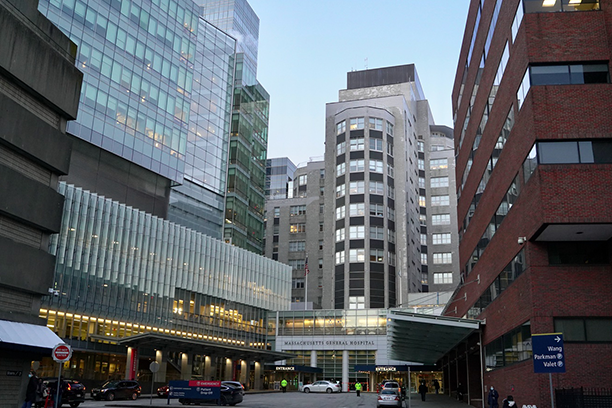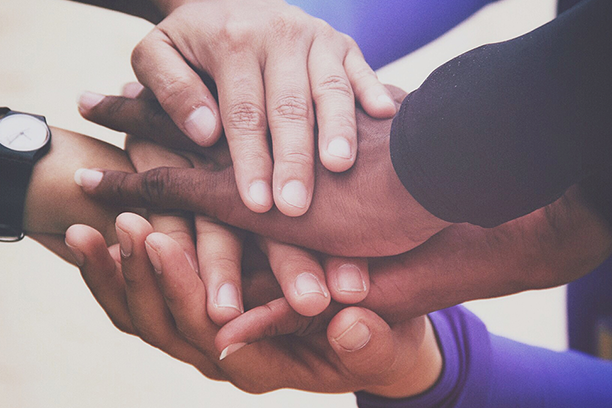Leaving a Legacy of Hope
As highlighted at the Metastatic Breast Cancer Research Conference 2023, people living with MBC can provide hope for others by donating their tissue to research after they die. Tissue donation can be done by arranging a rapid autopsy in advance. Research teams work with MBC patients and their families to provide support to explore this challenging topic and make arrangements. Keep reading to learn more about tissue donation programs and find one near you.
UPMC & Magee Women’s Hospital Rapid Autopsy Program
Did you know that if you have opted in through your driver’s license as a registered organ donor, a diagnosis of advanced breast cancer prevents such a donation?
This challenge has been addressed by the breast cancer program at University of Pittsburgh, UPMC, & Magee Women’s Hospital through its patient-focused tissue donation program. A team of breast cancer biologists, medical oncologists, pathologists, bioinformaticians, radiologists and care providers work synergistically to coordinate the “Rapid Autopsy” Program that preserves donated tissue for vital medical research.
Hope for OTHERS Tissue Donation Program
Hear from researcher Dr. Steffi Oesterreich and MBC patient advocate Stephanie Walker about the Hope for OTHERS tissue donation program, and how to learn about other similar programs.
UNC Breast Tumor Donation Program
The Breast Tumor Donation Program, a part of Translational Science & Health Services at the UNC Lineberger Comprehensive Cancer Center, is a special program that allows metastatic breast cancer patients to posthumously donate tumor and normal tissue for research. Development of this program was a joint venture of the OCTR under the leadership of Dr. Lisa Carey, UNC Pathology, and the Chief of Autopsy Services, Dr. Leigh Thorne. A grant from the Breast Cancer Research Foundation generously supports the Breast Tumor Donation Program.
Johns Hopkins Research Autopsy Program
The Research Autopsy program arranges and performs autopsies to collect tumor and other tissues for researchers in many different areas. Specimens collected at autopsy have been used to grow living cell lines which can be used to evaluate for genetic mutations and test new chemotherapies. Samples can also undergo genetic sequencing and RNA expression analysis, as well as immunohistochemical and proteomic studies.
Massachusetts General Hospital Rapid Autopsy Program
Family members, as well as the patient, have a voice in the decision to donate tissue to MBC research.
Dr. Dejan Juric, co-founder of Mass General’s program, says “Autopsies are often talked about in negative terms, but if you ask to donate tissues that can help thousands of other people, almost everyone says yes.”
Opening The Door on Rapid Autopsy After Cancer
Hear from MBC patient advocate Martha Carlson on the important yet difficult topic of tissue donation after death from MBC.
“I like to think that I always checked off the “be an organ donor” box on my driver’s license forms, but of course that just may be the way I remember it,” she writes.

